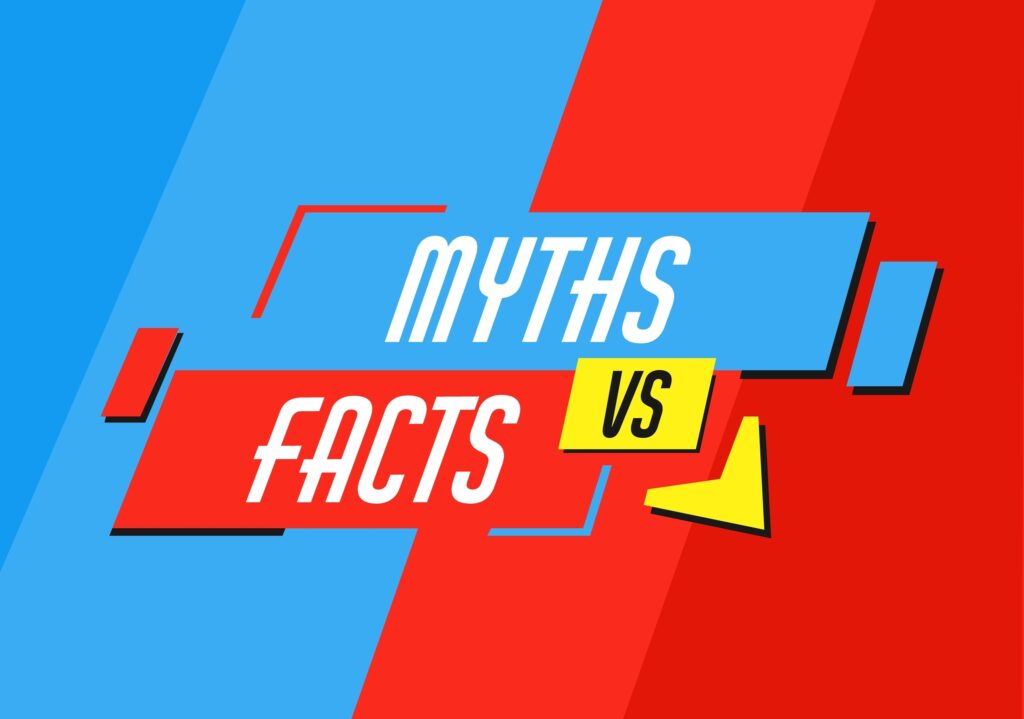Email Privacy Act Coalition Letter

January 30, 2017
Chairman Bob Goodlatte
House Judiciary Committee
United States House of Representatives
Ranking Member John Conyers
House Judiciary Committee
United States House of Representatives
Dear Chairman Goodlatte and Ranking Member Conyers,
We, the undersigned civil society organizations, companies and trade associations, write to express our support for the Email Privacy Act (H.R. 387). The Act updates the Electronic Communications Privacy Act (ECPA), the law that sets standards for government access to private internet communications, to reflect internet users’ reasonable expectations of privacy with respect to emails, texts, notes, photos, and other sensitive information stored in “the cloud.” It represents true bipartisan, commonsense reform on privacy and was endorsed unanimously by the House of Representatives in the 114th Congress.
The bill would end ECPA’s arbitrary “180-day rule,” which permits email communications to be obtained without a warrant after 180 days. The Act would also reject the Department of Justice interpretation of ECPA that the act of opening an email removes it from warrant protection. These reforms would ratify the Sixth Circuit’s decision in U.S. v. Warshak, which held that email content is protected by the Fourth Amendment and that law enforcement access requires a probable cause warrant. Moreover, the changes reflect current practices: DOJ and FBI policies already require law enforcement officials seeking content to obtain a search warrant, and many service providers will not relinquish their users’ content without one.
The bill, which is identical to what was reported from committee last year, does not achieve all of the reforms for which we had hoped. Indeed, it removes key provisions of the bill that was originally proposed in the 114th Congress, such as the section requiring notice from the government to the customer when a warrant is served, which are necessary to protect users. However, it does impose a warrant-for-content rule with limited exceptions. We are particularly pleased that the bill does not carve out civil agencies from the warrant requirement, which would have expanded government surveillance power and undermined the very purpose of the bill.
For these reasons, we support H.R. 387 and urge the Committee to move the bill forward without any amendments that would weaken the protections afforded by the bill.
Sincerely,
Adobe
Amazon
American Association of Law Libraries
American Civil Liberties Union
American Library Association
Americans for Tax Reform
AOL
Association of Research Libraries
Brennan Center for Justice
BSA | The Software Alliance
Center for Democracy & Technology
Cisco Systems
Competitive Enterprise Institute
CompTIA
Computer & Communications Industry Association
Consumer Action
Consumer Technology Association
The Constitution Project
Council for Citizens Against Government Waste
Data Foundry
Data & Marketing Association
Demand Progress
Digital Liberty
Discovery Institute
Distributed Computing Industry Association
Dropbox
DuckDuckGo
Electronic Frontier Foundation
Engine
Evernote
Facebook
Federation of Genealogical Societies
FreedomWorks
Future of Privacy Forum
Golden Frog
Google
IBM
I2Coalition
Information Technology and Innovation Foundation
Information Technology Industry Council
Institute for Policy Innovation
Internet Association
The Jeffersonian Project
Microsoft
National Association of Criminal Defense Lawyers
NetChoice
New America’s Open Technology Institute
News Media Alliance
Niskanen Center
R Street Institute
Reform Government Surveillance
Snap Inc.
Software & Information Industry Association
Spotify
Taxpayers Protection Alliance
TechFreedom
TechNet
Twitter
U.S. Chamber of Commerce
Workday
Verizon
Yahoo
Michael W. Carroll, American University Washington College of Law*
* For identification only.

